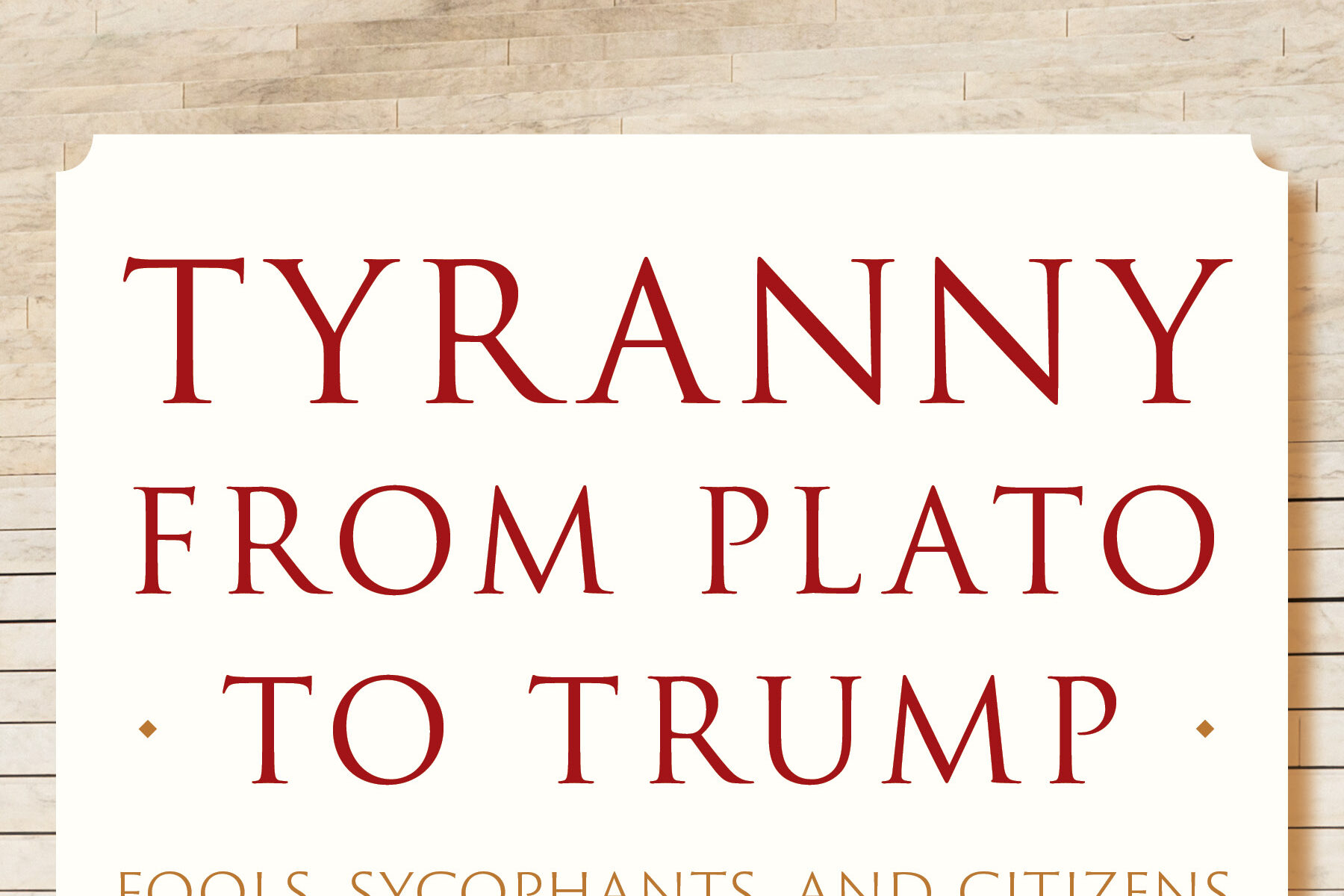Reading Time: 3 minutes
A lesson about secularism was revealed in Senator Lindsey Graham’s strange interrogation of Supreme Court nominee Ketanji Brown Jackson. The Senator reminded us of the importance of the distinction between private belief and public impartiality. When we say that justice is blind, we mean that public officials ought to aspire to impartiality and learn to bracket their beliefs.
Senator Graham’s interrogation of Judge Jackson
Senator Graham asked Judge Jackson about the depth of her faith and the frequency of her church attendance. The judge responded by pointing out that there is no religious litmus test in the Constitution. But the Senator persisted, asking Judge Jackson to rate her religiosity on a scale of 1-10.
Senator Graham then admitted, “I go to church, probably three times a year… so that speaks poorly of me.” Jackson still refused to answer, saying that she was mindful of the need to separate her personal religious views from her obligation of impartiality as a judge.
Senator Graham asked whether the judge would be impartial regarding religion. Without allowing her to answer, he said, “The reason I ask these questions is, I have no doubt that your faith is important to you. And I have zero doubt that you can adjudicate people’s cases fairly if they’re an atheist.”
The point here is that diverse people, including atheists, should be able to trust the impartiality of the judiciary. Secular systems are administered by people from all walks of life. Our officials—our senators and our judges—include religious fanatics, occasional churchgoers, and atheists. Secularism demands that these officials set their private faith aside when they execute their public duties.
No religious test required
Senator Graham’s aggressive questioning was apparently a reaction to questions that arose during the prior confirmation hearings of Supreme Court Justice Amy Coney Barrett. Senator Graham seemed to be making a point about those who attacked Justice Barrett’s faith and impugned her impartiality. If his line of questioning appeared obnoxious when directed at Judge Jackson, he seemed to suggest, then similar questions were out of line when Justice Barrett was confirmed.
I have reconstructed Graham’s point here, trying to make sense of it. One could question Senator Graham’s style and strategy, as well as the melodrama of our Supreme Court confirmation ritual. But this seems to be what he was aiming at.
Of course, many were incensed by his line of questioning. Senator Graham was mocked by Representative Alexandria Ocasio-Cortez. And the Interfaith Alliance tweeted: “Judge Jackson is right – there is no religious test in the Constitution. While senators can ask how a nominee’s religious beliefs would influence their rulings, using faithfulness as a metric to evaluate a future Supreme Court justice is completely inappropriate.”
This is the important point. Religious freedom is a bedrock principle of our secular system. Article VI of the Constitution clearly states, “no religious Test shall ever be required as a Qualification to any Office or public Trust under the United States.” This means that no one can be barred from office because of their religion.
This holds for atheists as well. Nonbelievers cannot be barred from office and should be free to exercise their own consciences. This is true despite the fact that only one member of Congress, Senator Krysten Sinema, identifies as “unaffiliated.”
Bracketing our beliefs
Our religious beliefs, and non-beliefs, should be irrelevant in public life. But we often forget this.
In an era of identity politics, we have lost track of the basic human ability to bracket our beliefs. Some even go so far as to deny that impartiality is possible. But the interrogation of Judge Jackson reminds us of why we ought to cultivate the art of impartiality.
Judges, doctors, teachers, and others should keep their personal beliefs private. They ought to behave impartially when executing their professional duties. This is not always easy. But the goal is a noble one. And it assumes that it is possible for us to distinguish between private belief and public duty. We can do this—and we should.
Senator Graham admitted this in his claim about the atheist on trial. He said that a religious judge should be able to judge an atheist fairly. The reverse is also true: an atheist judge should be able to judge religious believers fairly.
Secular impartiality
Justice is blind, as they say. And that’s a good thing. Secular systems of justice assume that the distinction between private belief and public impartiality is real and meaningful. In a secular system, public officials can and should treat diverse people with dignity and respect, while keeping private faith out of public judgment.
Impartiality is difficult. It requires training and practice. And sometimes we fail. But we will all do better when we understand the importance of bracketing private belief.
In the United States, there is no religious litmus test for office. There should be no establishment of religion. Each of us is free to believe what we choose. But public officials should keep their private beliefs to themselves.
The post Secularism on trial: the public/private belief distinction appeared first on OnlySky Media.


